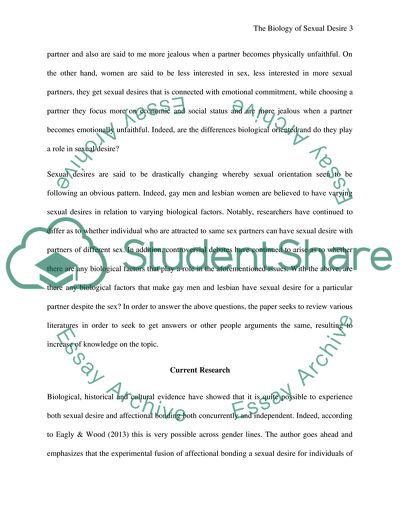Cite this document
(The Biology of Sexual Desire Essay Example | Topics and Well Written Essays - 1750 words, n.d.)
The Biology of Sexual Desire Essay Example | Topics and Well Written Essays - 1750 words. https://studentshare.org/gender-sexual-studies/1816417-the-biology-of-sexual-desire
The Biology of Sexual Desire Essay Example | Topics and Well Written Essays - 1750 words. https://studentshare.org/gender-sexual-studies/1816417-the-biology-of-sexual-desire
(The Biology of Sexual Desire Essay Example | Topics and Well Written Essays - 1750 Words)
The Biology of Sexual Desire Essay Example | Topics and Well Written Essays - 1750 Words. https://studentshare.org/gender-sexual-studies/1816417-the-biology-of-sexual-desire.
The Biology of Sexual Desire Essay Example | Topics and Well Written Essays - 1750 Words. https://studentshare.org/gender-sexual-studies/1816417-the-biology-of-sexual-desire.
“The Biology of Sexual Desire Essay Example | Topics and Well Written Essays - 1750 Words”. https://studentshare.org/gender-sexual-studies/1816417-the-biology-of-sexual-desire.


